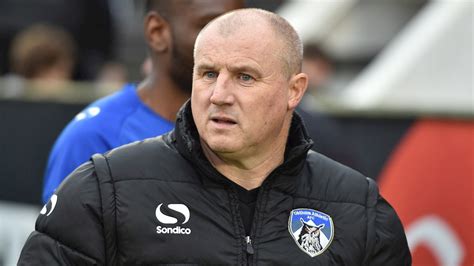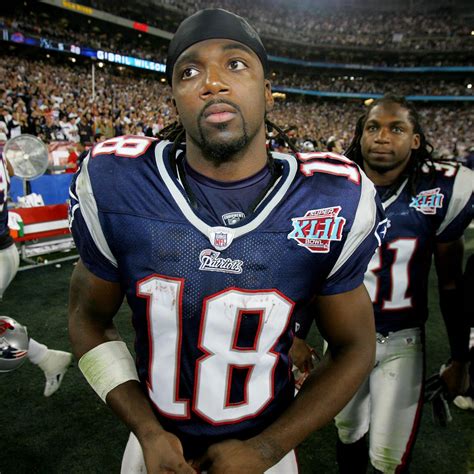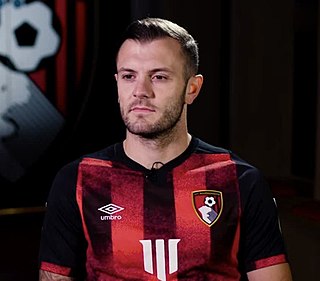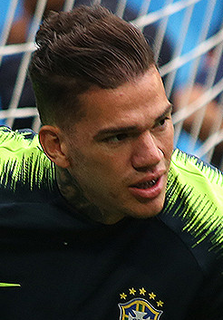A Quote by Gylfi Sigurdsson
You can understand why it is difficult for the players who have long-term injuries when they have to watch the boys going out training every day.
Related Quotes
We want players here who are going to be here for the long term. Players who buy houses here, who settle in the area. It's a brilliant club, great supporters but we want players to come here to be part of that community rather than being ships in the night having a last pay day at Ipswich... we want to build for the future rather than do a quick fix because I think it's going to be a long-term job.
You're never going to get rid of the injuries. The injuries are going to happen as long as there's football, especially the way it's always been played. So that's something that won't go away. But I guess they're trying to do the best they can to reduce those injuries and really take guys out of harm's way as much as they can.
We have a structural problem because you can simultaneously understand the medium to long-term risks of climate change and also come to the conclusion that it is in your short-term economic interest to invest in oil and gas. Which is why, you know, anybody who tells you that the market is going to fix this on its own is lying to you.
How much soccer training is it needed to become a top player? It depends on the efficiency of your training routine. Setting long and short-term goals is a must. When planning out a soccer training regime, one must strive for realistic and consistent program that will diminish specific weaknesses. Broad versatility of soccer skills is the Nirvana of every dedicated trainee.
Some coaches prefer players who will just do whatever he tells them to. It's like, if you're at school with a load of 10-year-old boys and you tell them to jump, everyone will start to jump. But the intelligent boy will ask, 'Why should I jump? Why?' That can be difficult for a lot of coaches, and I understand that.
Well, I am a great believer in supercompensation. Short term overtraining leads to long-term success. I can hear the complaints about injuries, but, in truth, not too many of us suffer injuries that lead to surgery, according to those studies in the 1950?s. In fact, if you are not a druggie and have some common sense, I think you can afford to train harder than you think.
Being captive to quarterly earnings isn't consistent with long-term value creation. This pressure and the short term focus of equity markets make it difficult for a public company to invest for long-term success, and tend to force company leaders to sacrifice long-term results to protect current earnings.






































